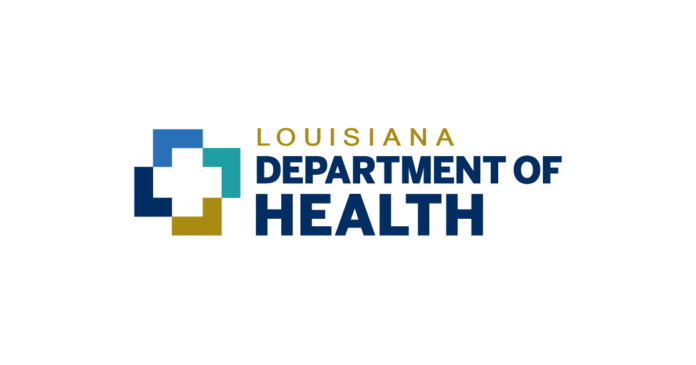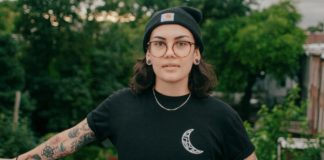
The Louisiana Department of Health, the East Baton Rouge Parish Mayor’s Office and other community partners are offering monkeypox vaccines, including second doses, at events starting Saturday, September 24 in Baton Rouge.
Anyone who received the first of the two-dose series at monkeypox vaccine events in August can get their second dose. CDC recommends that individuals receive the second dose of the monkeypox vaccine within 24-35 days of the first dose.
First doses of the monkeypox vaccines are also available to eligible groups.
COVID-19 vaccines, including the updated COVID-19 bivalent booster which is authorized for people ages 12 and up, will be available, too.
Partners are hosting events at the following times and locations.
George’s Place
860 St. Louis St.
Saturday, September 24, 2022
5 – 9 p.m.
Cedarcrest Bar by Provo
10467 Airline Highway
Thursday, September 29, 2022
5 – 9 p.m.
Splash Nightclub
2183 Highland Road
Friday, September 30, 2022
9 p.m. – 12 a.m.
You do not need to get your first and second doses at the same location. Anyone who is due for a second dose can come to any of the above events, or find your second dose at a nearby provider location by visiting LDH’s monkeypox webpage at ldh.la.gov/monkeypox or by calling 211.
As of September 22, Louisiana has identified 240 cases of monkeypox in Louisiana residents since the start of the 2022 U.S. Monkeypox Outbreak.
Monkeypox vaccine eligibility
As of August 31, 2022, the expanded criteria for vaccination include people in Louisiana who meet one of the following:
- Gay/bisexual men or transgender people who are sexually active with more than one partner
- Anyone who is at high risk of monkeypox exposure. This includes but is not limited to people who:
- Are HIV positive or receive medications to prevent HIV infection (PrEP)
- Are experiencing homelessness
- Use IV drugs
- Give or receive money or other goods in exchange for sex
- Have significant, skin-to-skin contact with others in a social or sexual venue
- Work at establishments where sexual or intimate activity occurs (e.g., bathhouses, saunas, sex clubs, hotels)
- Clinicians or laboratory staff who are at high risk of occupational exposure
- Anyone who has been determined to be at high risk by a healthcare provider or public health official
While not new, monkeypox is a potentially serious viral illness caused by a virus not commonly seen in the United States, that is spread through close physical contact. The disease can make you sick, including a possibly painful rash, which may look like bumps on your skin, blisters or ulcers. Some people have a flu-like illness before they develop a rash.
According to CDC, early data suggest that gay, bisexual, same-gender-loving, and other men who have sex with men make up a high number of cases. However, anyone who has been in close, personal contact with someone who has monkeypox can be infected, regardless of sexual orientation or gender identity.
Monkeypox guidance
Testing for or monkeypox is now widely available. If you have symptoms and would like to be tested for monkeypox, contact your healthcare provider. Anyone without a provider or insurance can also be tested at their local parish health unit or community clinic: ldh.la.gov/phu
If your test for monkeypox is positive, stay isolated until your rash has healed, all scabs have fallen off and a fresh layer of intact skin has formed.








